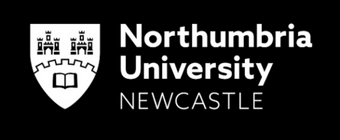Our new English Language and Linguistics Masters programme offers a solid grounding in key areas of linguistics and is designed for those who want to further their study of a wide range of areas of linguistics at a higher level.
Northumbria’s MA English Language and Linguistics builds on the broad range of research expertise in the English department and will give you the chance to explore a wide range of linguistic specialisms.
During the course, you will explore key concepts and theories involved in the study of language as well as examining theories which lie behind the analysis of linguistic structure, acquisition and use, and its interfaces with other disciplines. You will also gain an in-depth knowledge of the conceptual and analytical tools necessary to conduct informed and responsible enquiry at postgraduate level in Linguistics Topics you could choose to study include world Englishes, sociolinguistics, language acquisition, psycholinguistics, language variation and change, the evolution of language, and forensic linguistics.














